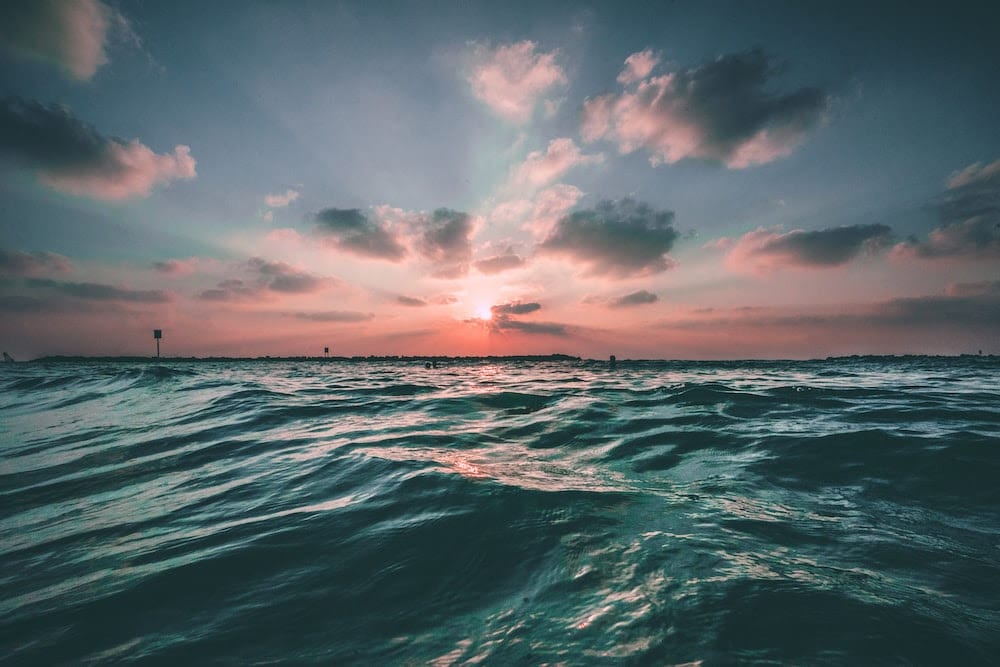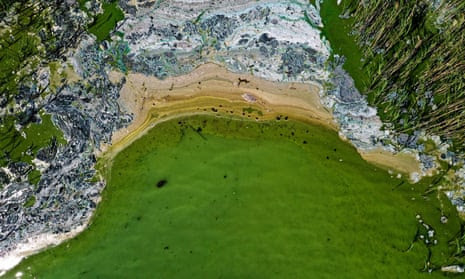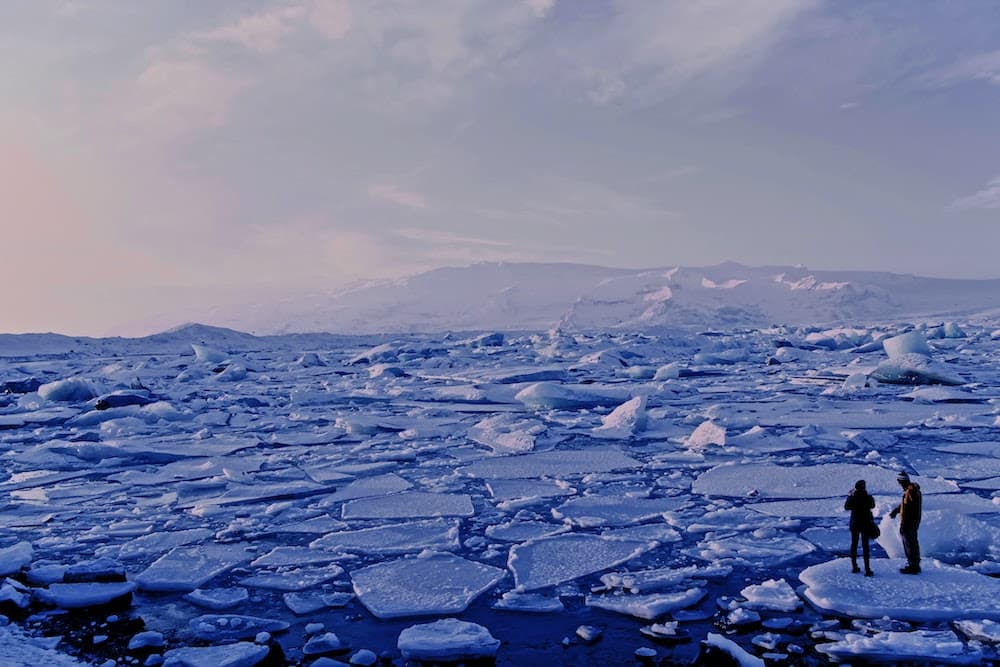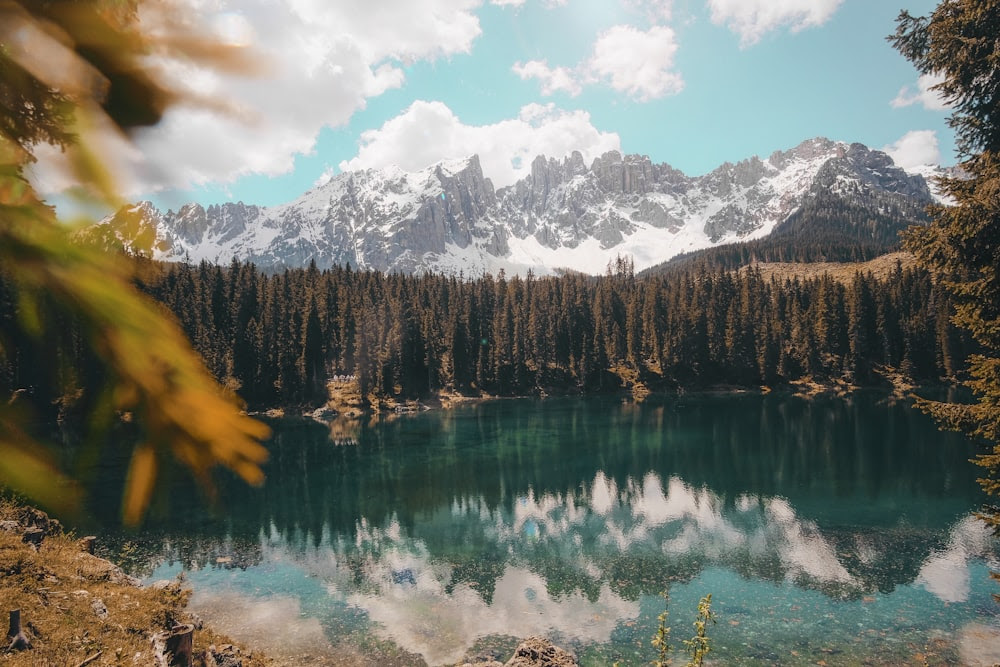
It’s high time humans understood that they must heal the oceans, which are sickened by climate change, pollution and overfishing, in the hope of preserving life in the sea and saving our own, several experts warned ahead of a major United Nations conference scheduled to open Monday, June 27, in Lisbon.
We must recognize that it is thanks to the oceans – which, decade after decade, absorb a quarter of CO2 pollution and more than 90% of excess heat – that the Earth’s surface has remained livable.
We, humans, have dumped mountains of plastic into the sea and emptied it of its great fish. The coastline has been contaminated with chemicals and agricultural products, creating dead zones deprived of oxygen.
“At least a third of wild fish stocks are overfished and less than 10% of the ocean is protected,” says Kathryn Mathews, scientific director of the American NGO Oceana.
“Illegal fishing vessels are wreaking havoc with impunity, both in coastal waters and on the high seas,” she says.
The nearly $35 billion in subsidies that encourage overfishing will certainly be harshly criticized in Lisbon, despite the first steps taken last week by the World Trade Organization toward a partial ban.
But in the meantime, CO2-induced ocean acidification and marine heat waves, which can last for months, continue to kill the coral reefs on which a quarter of all marine life and 250 million people depend.
“We still have little idea of the extent of the devastation caused by climate change on the health of the oceans,” assures Charlotte de Fontaubert, lead expert on the blue economy at the World Bank.
“It’s scary”
Co-hosted by Portugal and Kenya, the UN Oceans Conference – originally scheduled for April 2020 and then postponed because of COVID – will bring together thousands of representatives from governments, businesses, scientific institutions and NGOs in search of solutions over five days.
While they may not all advocate the same remedies, they are largely in agreement on the issues at stake.
“If we don’t do the right thing, we could end up with a dead ocean,” summarizes Rashid Sumaila, a fisheries expert and professor at the University of British Columbia.
“Imagine that…how scary it is,” he confides.
With proposals ranging from recycling to a total ban on plastic bags, this type of pollution will also be on the agenda of the conference, with the aim of reversing the current trend that the oceans will contain as much plastic as fish by 2050.
From Asian factory ships roaming the high seas to artisanal fishing boats plying the shores of the tropics, the question of how to make fishing sustainable will also mark the discussions in Lisbon.
A new leitmotif, “blue food” is supposed to make the oceans a sustainable and equitable source of livelihood.
“Wild fish from the sea can be a source of protein and micronutrients that can provide a billion people with a healthy meal a day, forever,” says Kathryn Mathews of the NGO Oceana.
There are concerns about the burgeoning aquaculture industry because of the destruction of valuable mangrove forests and the excessive use of antibiotics.
The conference could establish that open ocean fisheries production, which has been declining since the 1990s, is being overtaken by aquaculture production, with some 100 million tons per year from each sector.
A coalition of nearly one hundred countries is advocating a flagship measure to declare protected areas covering 30% of the world’s oceans and land.
Recent scientific studies have made a clear observation. The oceans will continue to suffer unless greenhouse gas emissions are reduced, and the fight against global warming is doomed to failure if the oceans lose their ability to absorb CO2.




